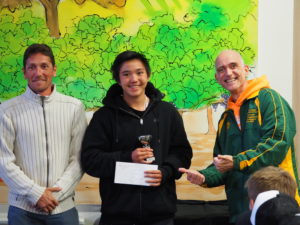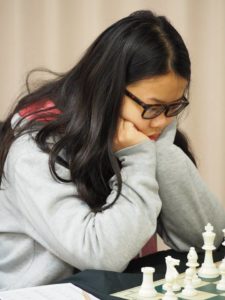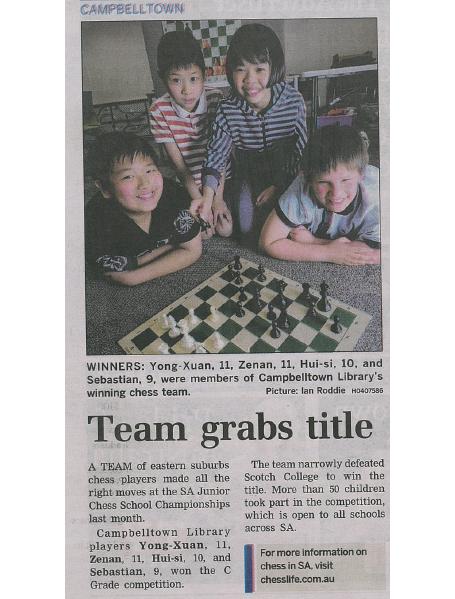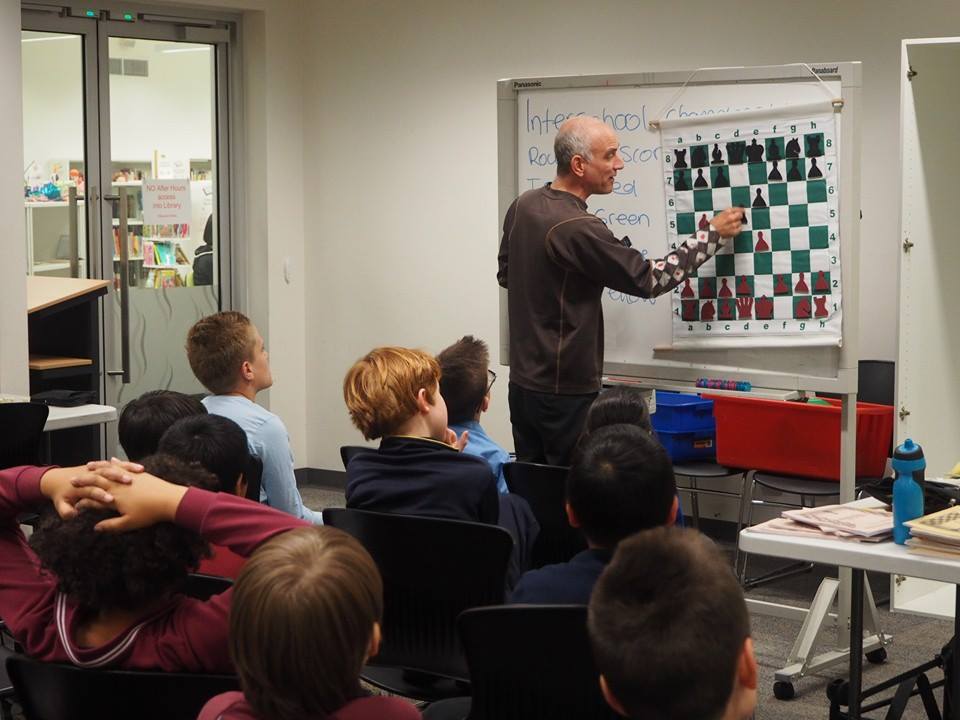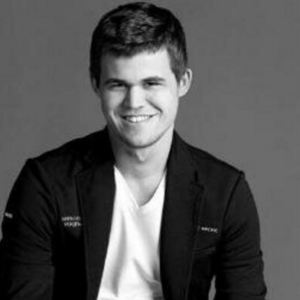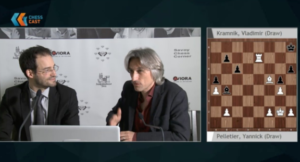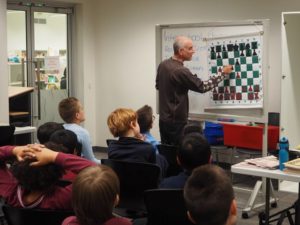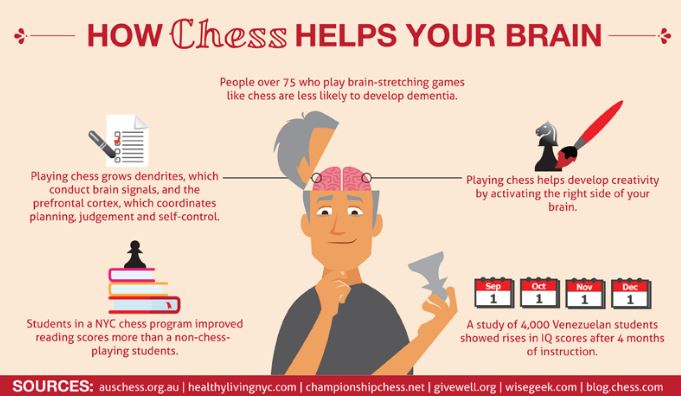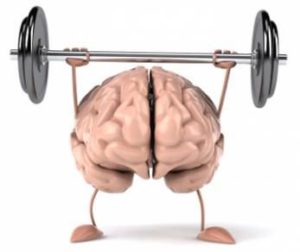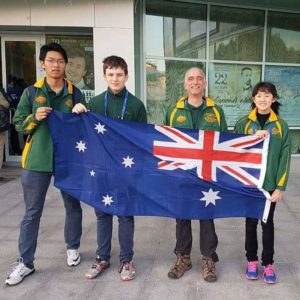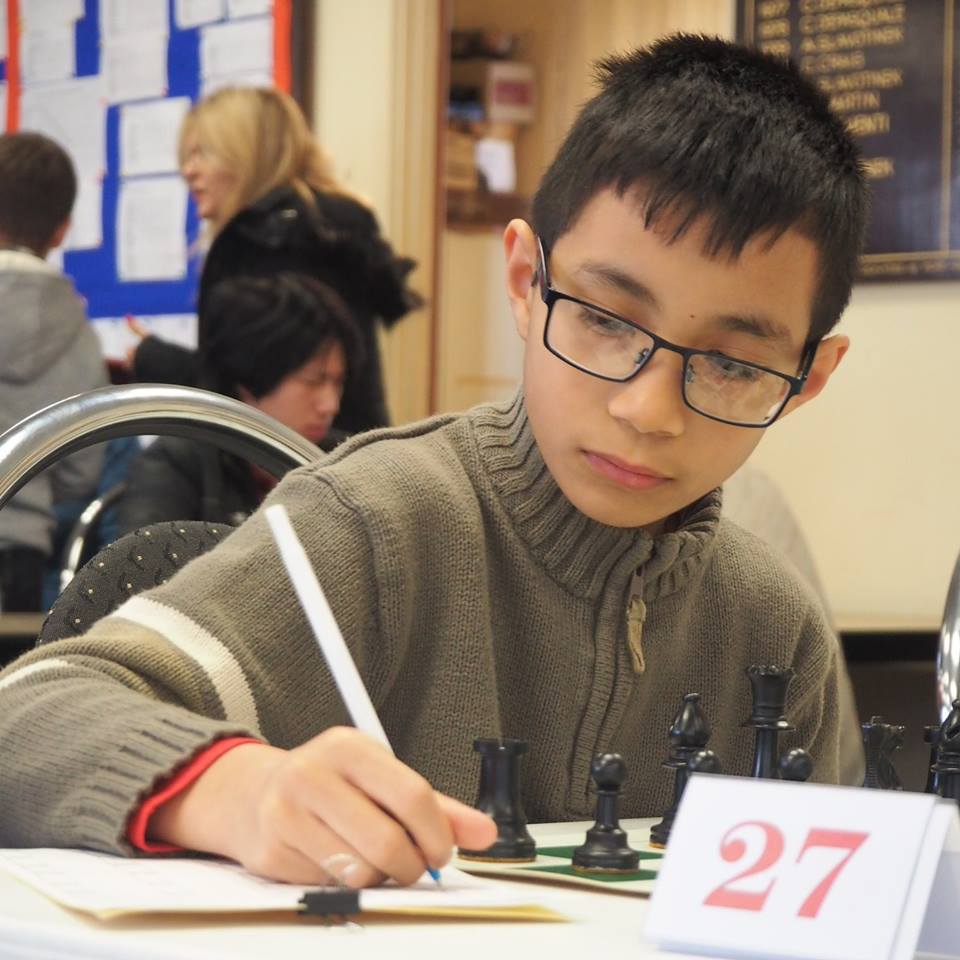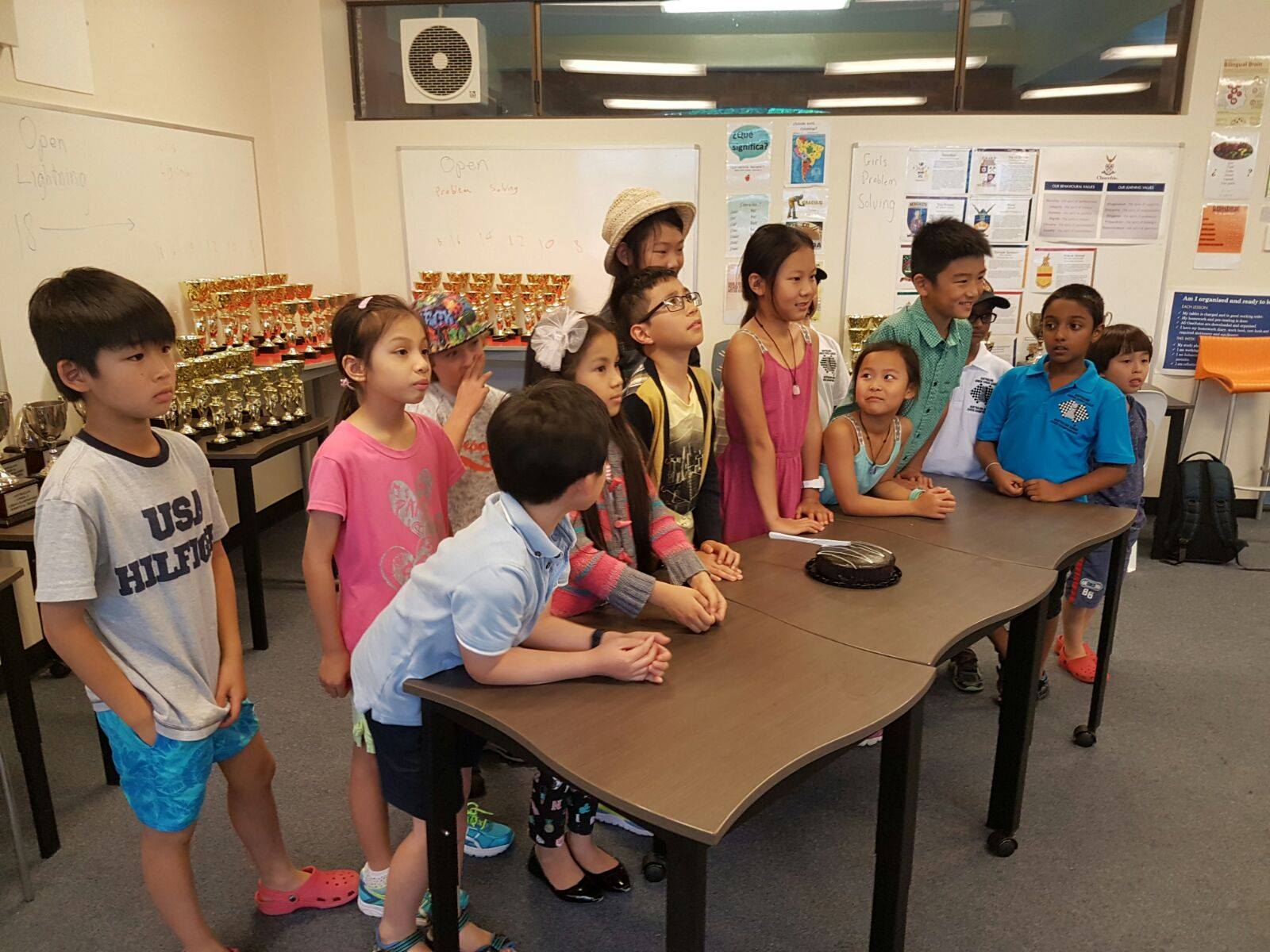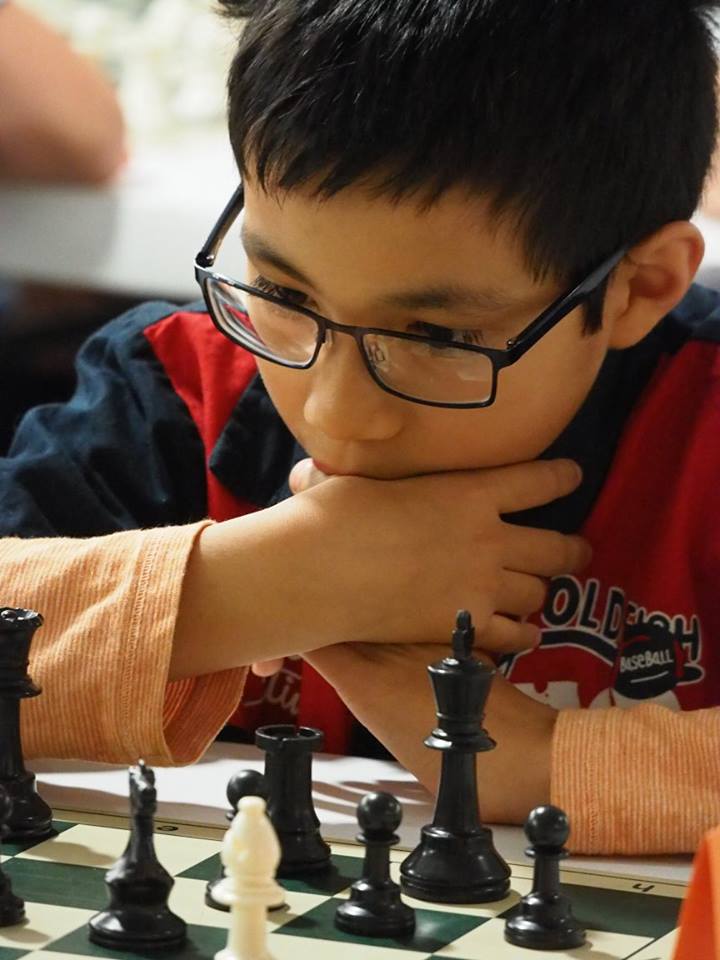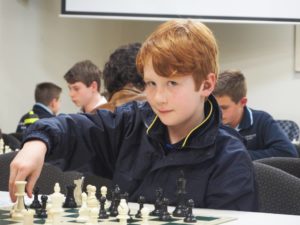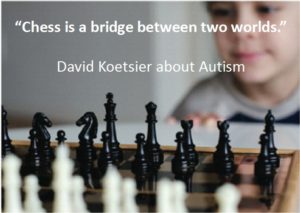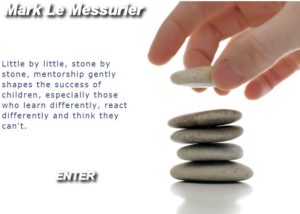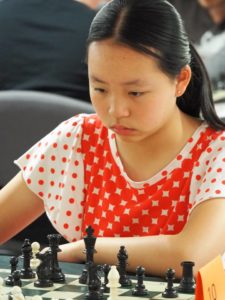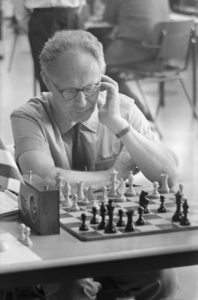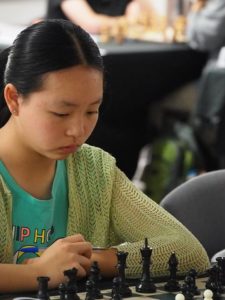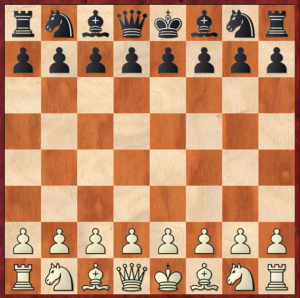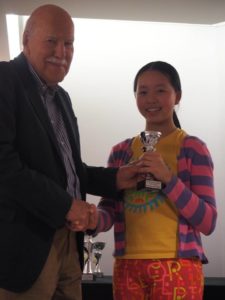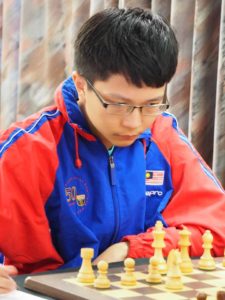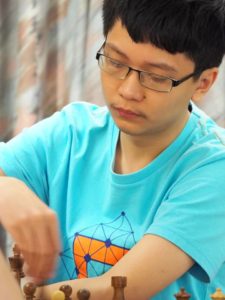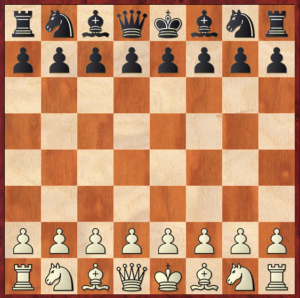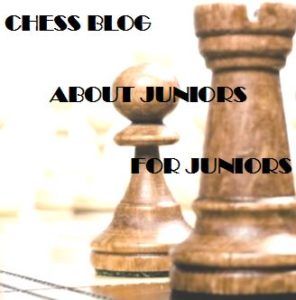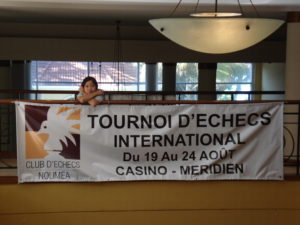|
Tag Archives: Junior Chess
Computers Have Transformed Chess into the 21st Century’s Global Game
Chess is arguably the oldest game still played globally today. And it’s changing more rapidly than ever before. Chess has evolved for thousands of years from early Indian variants, to the modernized strategies of the 18th, 19th and 20th centuries respectively. But chess is not done. In fact, it’s still changing – thanks to computers.
For several decades, computers have exceeded human players in skill due to their incredible calculating ability. The age-old question posed to chess players amateur and professional alike, ‘how many moves can you see ahead?’, can now be answered with reference to the power of your chess engine.
But even computers haven’t ‘solved’ chess yet, with its variations of possible positions extending into the billions (fun fact: there are more variations in a chess game than the number of galaxies). And their ‘brute force’ approach of looking at every single move and every single move in response to that and so on stands in stark contrast to the strategies employed and advocated by most coaches. Coaches and top players alike believe in assessing the position and making calculations, using only a few logical looking moves conjured from experience and intuition. Simply put, we don’t have the ‘engine’ power to calculate if pawn h3 is a good or not move every single game.
But the power of the computer cannot be denied, even if it’s not always logical. A computer is a tool that has ushered in a new era of chess, the computer era, where preparation before the game aided by your infallible digital coach (Stockfish or Komodo or Fritz etc) is increasingly important.
Magnus Carslen, current World Chess Champion, has admitted that the rise of computers has ‘take[n] a bit of the mysticism away. But… we’ve known for a long time that computers are better, so the computer never has been an opponent. It’s a tool to help me analyze and to help me improve at chess.”
For younger players just coming into chess, this increasing dependence on computers is less important in their early years. The reliance on computers should never be allowed to replace the multi-faceted role of a chess coach. A computer will never tell you why a certain move is good or bad (because it doesn’t really ‘know’), and won’t tell you what openings, endings or middle game strategies to practice. And of course, as most parents know, a computer cannot instill practices of good sportspersonship or confidence, either.
Nevertheless, chess computers can provide valuable educational, social and recreational benefits for those who care about bettering their game. Interestingly, man and computer have become one in the app ‘Play Magnus’. Players all over the world can test themselves against a virtual version of the Norwegian world champion Magnus Carlsen at various stages of his chess career, as early as 8 (quite easy to beat), and up to his twenties (for the majority of humans, impossible).
The computer has seen chess change in other ways too, perhaps most importantly the introduction of online competitions. Playing online on websites like Chess.com can be a light afternoon of fun, or for more serious players, a chance to cut their teeth and test out new moves and variations.
Former Australian chess champion, Guy West, has commented on the rise of the internet as a tool of the next generation of chess players, saying, ‘In the part, the advantage of experience has been greater because experienced players would have travelled around the world. Nowadays you can travel around the world via the internet.’
The internet is also a valuable tool when considering the abundance of resources out there, available for free for anyone who cares to listen and has an active connection. Young players are getting world class coaching from contemporary greats like Yasser Seirawan, Daniel King and Roger Svidler, who go through games or play ‘live’ blitz to an enthralled audience.
Chess is a global community and the use of computers and online gaming is only strengthening chess into the 21st century’s global game. On one website, Chess.com, they have reached over 15 million members (more than half of Australia’s population). So what does this mean for budding chess enthusiasts? Well, it means there’s never been a better time in history to get involved in the sport of chess!
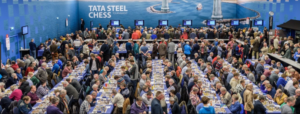
The science behind those bulging chess brains
The most rewarding part of my job as a chess coach is seeing my students improve in so many ways, which I truly believe can be traced back to playing and learning chess.
One of the reasons I’m so confident that chess is ‘good’ for kids is that it brings in so many different parts of the brain. To truly ‘play’ chess, the brain has to work pretty hard (to put it mildly), and the best thing is that kids often don’t even realise how much they’re learning.
Not only does chess require kids to be creative, logical, solve problems and think spatially, but when they come to Chesslife classes, they also to have to be social, concentrate, and participate by reading, writing, counting, reasoning – and then communicating all of this to their fellow students and their coaches.
It’s no wonder chess has the power to transform young (and old!) lives. But don’t just take it from me. Here’s what researchers William Bart and Michael Atherton of the University of Minnesota discovered when they analysed the brains of amateur and professional chess players at work. This is from their paper ‘The Neuroscientific Basis of Chess Playing’.
- Playing chess activates the occipital lobe, which is used for visual processing
- Playing chess activates the parietal lobe, which is used for attentional control and spatial orientation
- Playing chess at an amateur level activates the medial temporal love and the hippocampus, which are used for novel encoding and analysing chess board information
- Expert chess players use their frontal lobes for higher-order reasoning and retrieving expert memory chunks.
In the right setting, chess has been proven to boost visual processing, concentration and attentional control, encoding of information (understanding), analysing information, reasoning and memory.
And the science proves shows what every chess coach and indeed, every chess player, already knows: chess is a workout for the whole brain.
As a Chesslife coach I consider it my responsibility and my greatest privilege to bring this incredible tool to the bright young minds of Australia.
Breaking Barriers at Campbelltown Library Chess Club – an Interview with Connor
Whether you think of chess as a sport or a hobby, it is a readily accessible activity for people of all abilities to participate in. At Chesslife we cater to a wide range of players, including many on the Autism spectrum, whom chess has been shown to benefit. In our blogs we love to talk about the players who have come to chess with different abilities, so this week we interviewed 15-year-old Connor, a regular at our Campbelltown library-based club.
Connor, rated 1495 on chess.com, has been playing chess for four years, at least two of these with us at Chesslife. Through chess, Connor has learnt determination and persistence which has trickled through to other areas of his life including school.
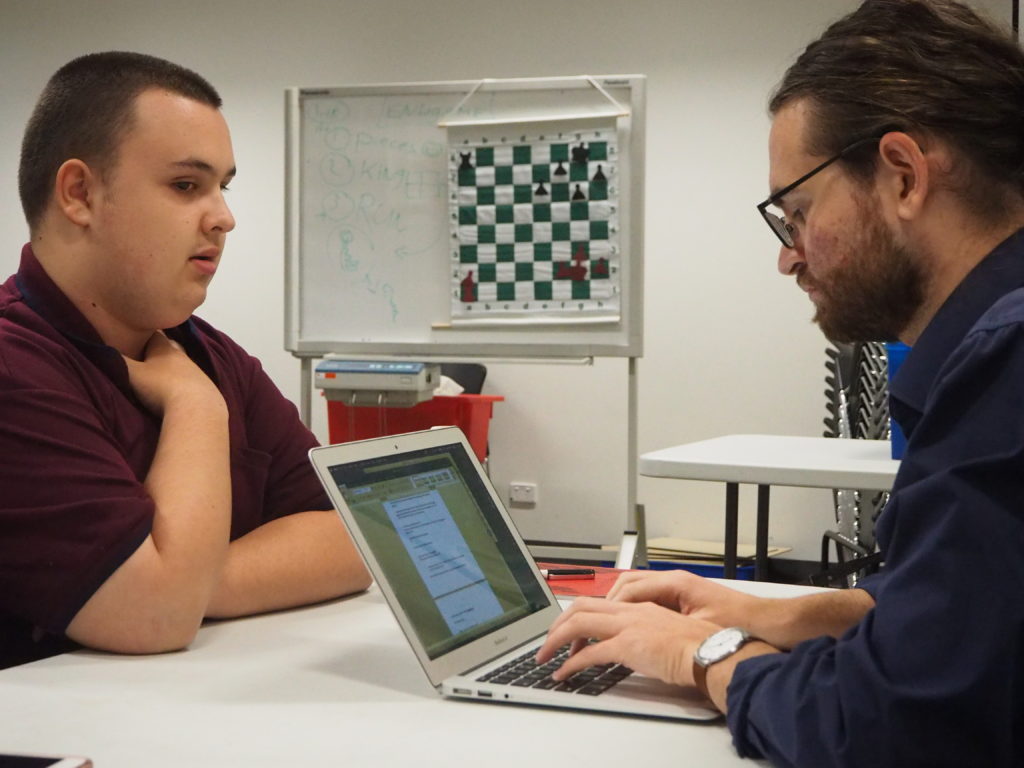
Connor tells us:
“I plan, at least when I’m older, to keep playing because I might make some friends with it… Every school holidays there’s at least one tournament so I play there”.
“I’ve got no vision in the right eye, that’s completely blind due to glaucoma as a baby. In the left eye I’ve got limited peripheral vision so I can see, I think, quite a bit. But compared to people with usual vision I see quite little”.
The size of the chess pieces assists Connor to play and he has no problem bringing down his opponents with the provision of suitable lighting and adjustment to his chair. Connor is a great contributor to The Chess Centre and chess community.
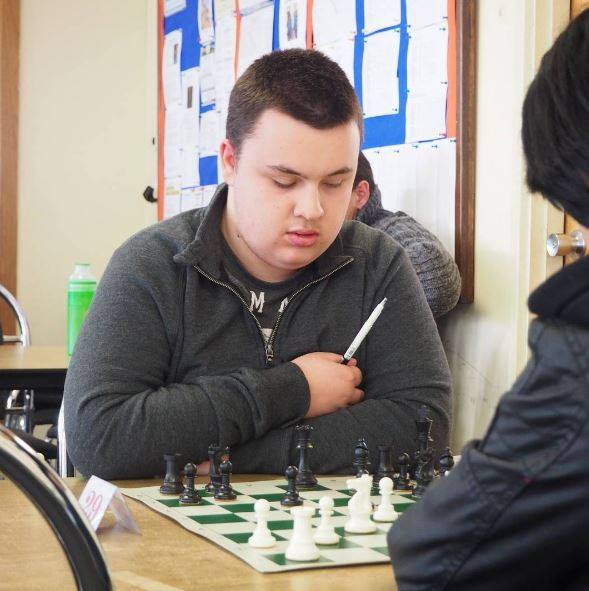
Campbelltown students admire Connor’s dedication to the game and at Chesslife we are proud to have seen him grow as a player. His aggressive but cautious play has seen him do well amongst adult players at local tournaments, something he intends to keep doing throughout his life.
Connor admits his favourite part of chess is the competition: “I’m definitely not shy. Other kids at my school did sport and they were always too nervous to take part in competitions. I like playing against other people”.
The team aspect of playing chess at Campbelltown also appeals to Connor: “I like a feeling of competing with other people, so if I could play say soccer for instance, I would like that feeling of being part of a team”.
When we asked Connor what the most important qualities for a chess player are, he told us, “Definitely calm. You can’t be one of those sports people who if they lose they start yelling and screaming. If you win just say, ‘good game’“.
Some wise words from a player who is always growing from his experiences. “If I don’t win, I learn from it”, he said.
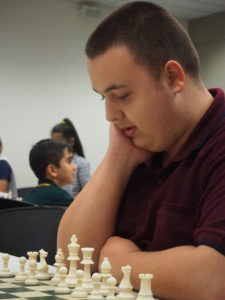
Chess is an activity that allows students with all abilities and from all backgrounds to socialise and develop their minds through strategic thinking. Everyone should be given the opportunity to play and organisations like the International Braille Chess Association, which boasts over 60 member countries, support participation by students with vision impairment. The organisation regularly sponsors the Blind Chess Olympiad, this year’s event to be held in Macedonia.
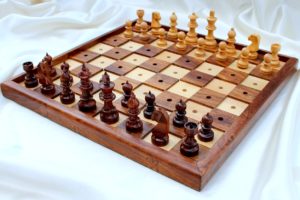
Competition and being part of a team are valuable skill sets and are certainly two things Connor receives in plenty when he attends Campbelltown Chess Club’s advanced classes for one hour each week. He readily admits that the community spirit as well as Chesslife’s in depth coaching has allowed him to develop as a player.
“At Campbelltown, it’s organised”, he said.
“I would say the biggest thing is the level of teaching, it is just a lot more in depth. Here it will actually go into how you connect the rooks for example, how to open”.
As for the biggest lesson he has taken away from Head Coach David and the Chesslife team at Campbelltown: “At the beginning I used to move the pawn in front of the rook and I always did that. I didn’t know how to improve. For a while I experimented and I came here and here I changed the opening”.
Connor is on Step 4 Extra in the Step Method and has found the books invaluable in helping him work through difficult positions that come up in his games.
During our interview, we learnt that Connor doesn’t just enjoy the teaching at Campbelltown Library. Chess has helped to shape Connor’s outlook on the game and on life, as it does with many of our students.
“It’s fine to make mistakes, if you lose a pawn or a couple of pawns it’s fine. It just shows you that usually to gain something, to get out of a position, you’ll have to lose a piece. Nothing comes completely for free”.
Connor has a rich life outside of school. He is also a member of the Malacalogical Society of South Australia. He loves to collect shells and learn about ‘benefiting the environment, shell shows, shell auctions and what’s been happening around the world in terms of shell news.’ Connor’s own collection sits between 800 and 900 specimens, many locally bought.

Click here for more details on the Campbelltown Library Chess Club.
Four Brain Training Tips!
David Koetsier is an international professional chess coach based in Adelaide, Australia. At the World Youth Chess Championships in 2016, he had plenty of practice keeping some of Australia’s most promising young players in the optimal brain state for sports performance.
In this blog edition he gives Chesslife blog readers tips on keeping their minds fresh, active and in the perfect ‘frame of mind’ for creative thinking on, and off, the chess board.
- Tune in to Music
Listening to music has been shown to provide drastic benefits to the brain. From 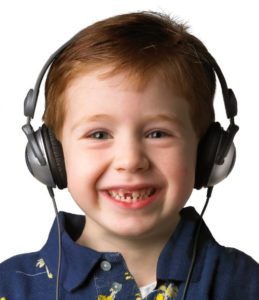 alleviating depression and lowering cortisol, the body’s stress hormone, to enhancing long term memory.
alleviating depression and lowering cortisol, the body’s stress hormone, to enhancing long term memory.
Years of research have found that listening to Mozart in particular boosts brain function. Called ‘the Mozart effect’, scientists from Stanford University have found that there is a molecular reason for why listening to Mozart boosts performance on learning and memory tests. That sounds like a good enough reason to turn on Spotify!
Of course playing music is even better to activate multiple regions of the brain!
- Play video games!
While video games have been shown to reduce stress and improve decision making skills, it doesn’t develop the brain as well as chess does. So if you like to play video games, make sure you pick some with an educational aspect.
- Read! Even if it’s just a comic book.
There is a myriad of benefits when it comes to reading. From the basics: expanding your knowledge base, relaxation, expanding your vocabulary and strengthening your memory. There are also more surprising benefits: reading engages your brain in active function and studies have shown that spending your spare time reading could improve your chances of not developing Alzheimer’s by 2.5 times. Reading before bed regularly is also an important part of sleep health. A good book will tell your body it’s time to rest (but remember to be careful of the blue light from e-readers if you have trouble sleeping).
To receive the benefits of reading, you don’t have to be reading Lord of the Rings but choose something you enjoy: from Young Adult fiction to comic books, there is plenty of variety on a library shelf!
- Play chess (of course!)
This wouldn’t be a Chesslife blog post without mentioning chess! We often talk about the many benefits of chess, both social and educational. We see improvement in our students’ among other things in their memory and creativity as well as their decision making skills. Perhaps most rewarding, we see our students’ confidence grow as they make their own decisions and share their games with peers. Our autism friendly classes have been particularly special as we have seen some students grow in truly wonderful ways.
There are lots of little things we can all be doing to keep our brain active.
For David, he loves to sit down with a comic book after a long day of playing chess and teaching young people to get their brains activated – and keep them that way!
South Australian Chess Star On Overcoming Tough Interstate Competition
Junior chess in South Australia has been steadily growing over the last few years, with more tournaments being hosted and more competition among the junior players. But how are we comparing on a National level? Do SA students have what it takes to play interstate? And when do you know it is time to travel across the country to play in a chess tournament?
We spoke to local player Ethan and his mum about their journey over the last 12 months from when they started travelling interstate and how it has changed his play.
Ethan Retnaraja started playing chess when he was 6 years old and had just started year 1 at school. He very quickly rose through the ranks at his local club. In 2015 he won the Most Improved Player of the year award at the Campbelltown Library and in the same year competed to claim the distinction of Under 9 South Australian State Chess Champion.
He captained his schools team in the Interschool Chess Championship C grade in 2015 followed by becoming Interschool Champions in the B Grade in 2016. While competing in state-wide tournaments boosted his confidence over the board and at school, his parents decided it may be time to play in stronger fields across the state borders.
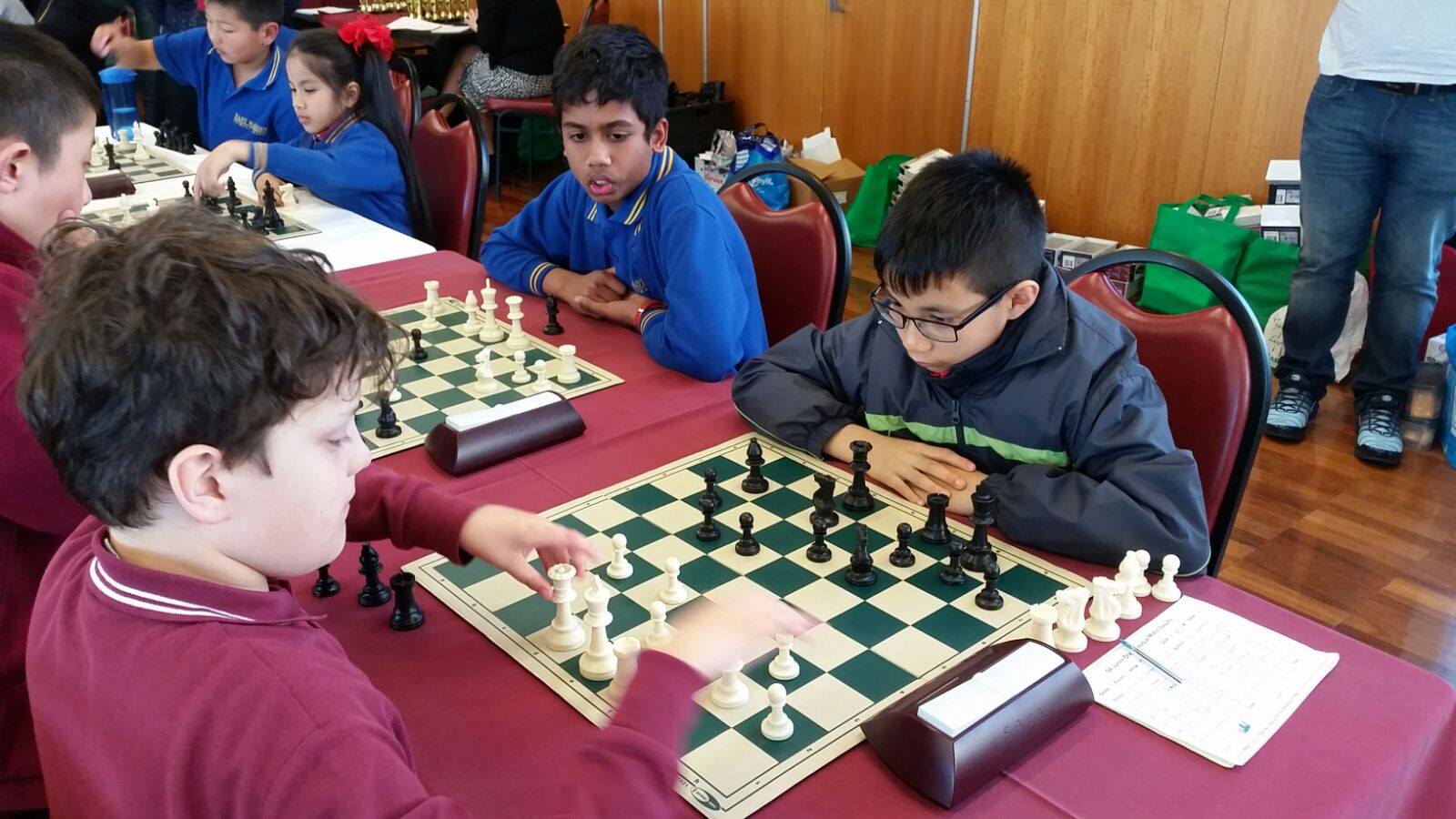
In 2015 on advice of their coach, they entered in the U1200 category at the Doeberl Cup in Canberra. It was here, he says, he learnt what ‘real chess’ is about. After this tournament, a complete change was seen in Ethan’s play.
In Canberra, Ethan met Australian Champion Bobby Cheng and saw the premier group (international and grandmasters) every day in the main hall. He admired how the top players behaved in competition. They took their time and treated their games seriously. Ethan wanted to do the same.
Ethan’s mum and number one fan Jocelyn Ho saw the change in Ethan first hand. ‘Now,’ she says, ‘His chess skills continue to rise and he is playing more calmly and thoughtfully than ever.’
***
Playing around the country does not only provide you with the benefits of being able to play against players you have never met before, it also allows you to experience a different culture, meet new people and explore new sites. Often these trips can be incorporated as part of a little family holiday. As Ethan encountered, it means that junior players are able to interact and observe top players and learn from their example. The whole process of travelling to an interstate tournament can lead to a change in attitude both towards chess as well as personal growth.
If you are thinking about adding an interstate tournament to your calendar, why not have a chat to your local chess coach and see what they think.
There are many tournaments available around the country and getting some advice on which one would be suitable is the best approach to ensure the experience will be a positive one for everyone involved.
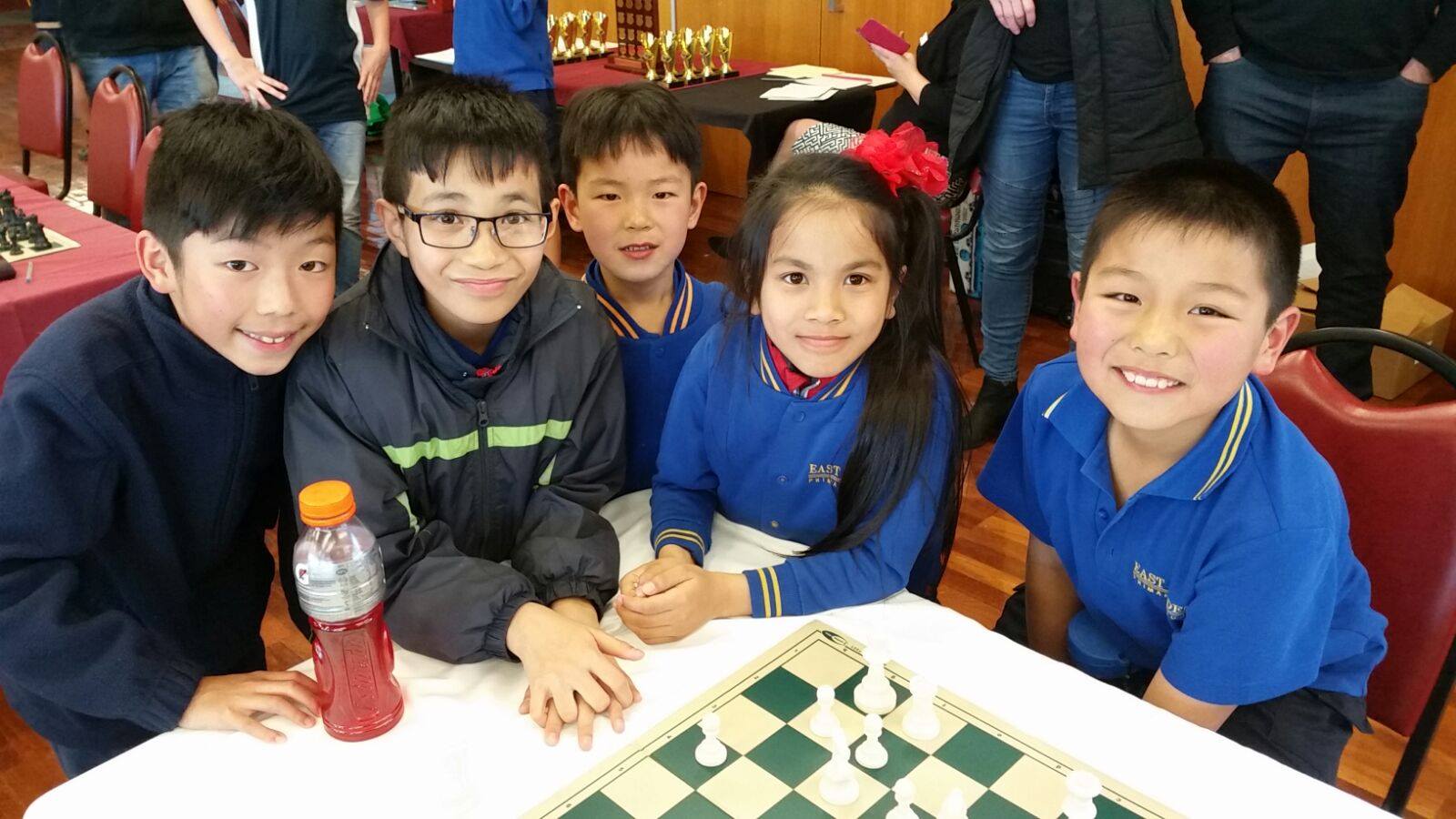
***
Now even when Ethan wins, he goes over his games and tries to see where he could improve. ‘If you win you can improve the spots that were bad,’ he says. He no longer tries to rush his moves, but is slow and steady. He learnt that when you concentrate harder, you succeed. ‘If you’re going really fast you don’t think and you lose.’
A large part of tournament play is representing yourself. ‘In a tournament you’re on your own, you’re an individual,’ Ethan tells us, ‘This tournament is the hardest I’ve ever been in. There’s really tough players that have high rankings.’
Ethan sees a future for himself in chess: ‘Chess is very serious, not just a game. When I’m 12 years old I want to compete at a high level.’ But that doesn’t mean he doesn’t celebrate his wins. At the Australian Junior Chess Championship in January last year (2016), he surpassed his own expectations. ‘I was very nervous because most of the players looked like they were tough. I beat some of them, which felt very good.’ On his latest trip to Brisbane while playing in the Australian Junior Chess Championships, he came fifth in the U10 age category.
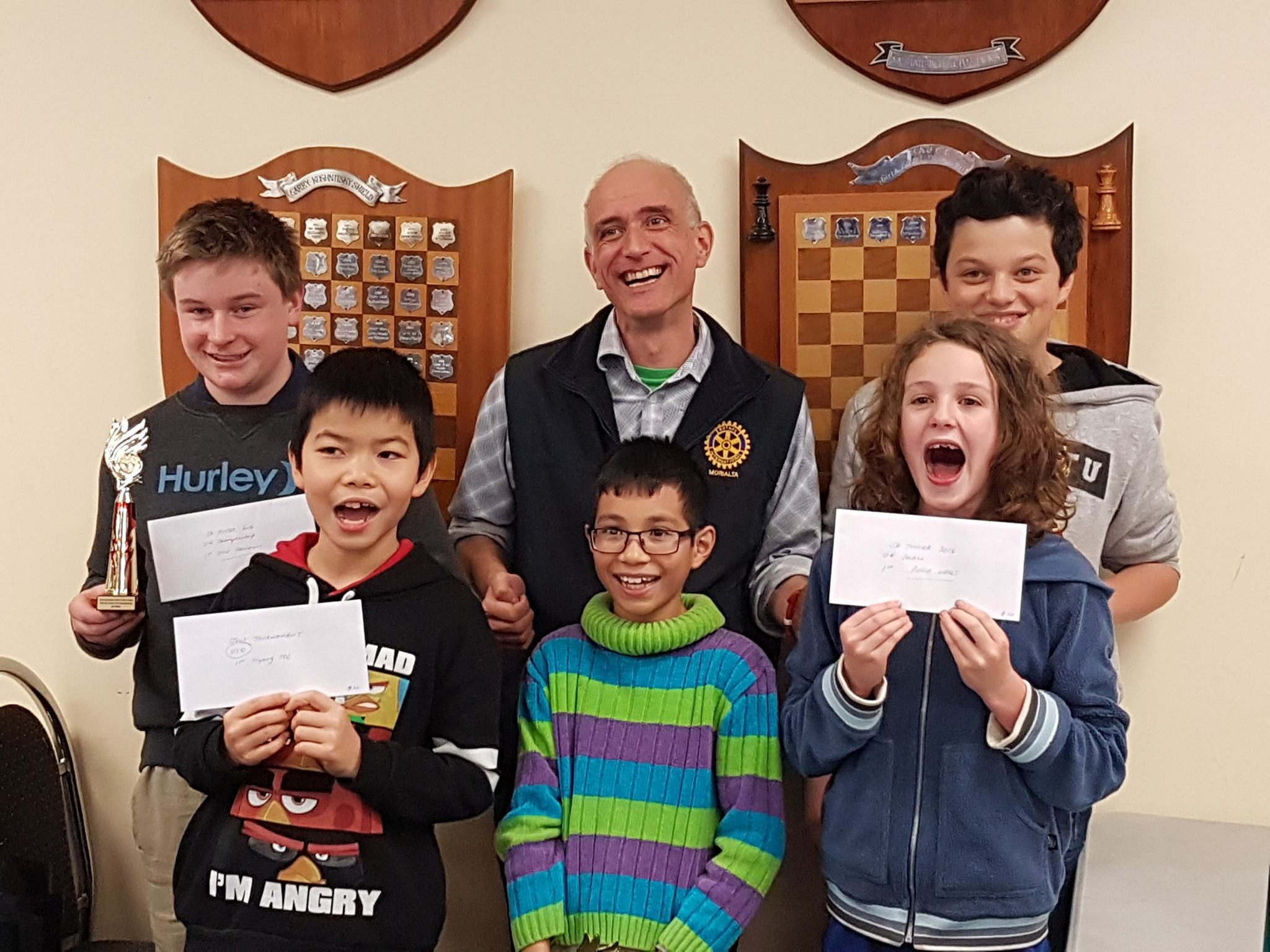
***
Victoria, Queensland and New South Wales certainly still have the strongest players and of course more juniors participating in each tournament, but South Australian players are slowly coming through the ranks and being noticed on a national level. With SA represented in almost every category in the Australian Junior Chess Championship in 2017, it was clear that the change has come. SA players have what it takes to play interstate and should not shy away from starting to schedule in some ‘chess holidays’.
And the best thing about national tournaments is the community that is being build. Every year, students from around the country meet and socialize. Birthdays are shared and friendships are built. Time in between rounds are spend playing transfer chess or soccer and cricket.
Being part of the Australian Junior Chess community is the most worthwhile experience of playing interstate.
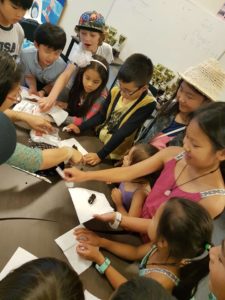
***
Ethan’s proudest moment was at the Doeberl Cup. He says, ‘I felt proud because there were only three people from Adelaide including me. My chess coach David thought I was good enough to play interstate which made me more confident playing chess.’
We’re certain that this is only the beginning of Ethan’s wins and love for the game!
How an Adelaide Hills Boy ‘Checkmated’ His Anxiety
by Chess Coach Mathew Drogemuller
Gabriel Cregan was six when he first picked up a chess piece. As a child diagnosed on the autism spectrum, his parents, Joanne and Andrew, had always encouraged him in pursuing activities he loved, like board games.
When they saw a notice at his school for a chess club with Bridgewater-based Company Chesslife, they encouraged him to give it a go. However, because of his anxiety around new situations, Gabriel was hesitant to try it, and only agreed to go when his dad promised to attend the class with him.
While he had a school friend in the class, everything else about it was new. Only his dad’s presence kept his anxiety at bay.
Despite the challenges, Gabriel took to the game very quickly, and was soon thriving. After starting in Term 4, he’d already completed the first book of Chesslife’s Dutch-origin chess curriculum. His father scoured the local library for books on chess, and Gabriel spent the summer holidays with his nose in them.
“He was just spotting things so quickly,” his father Andrew said. “Thriving on the puzzles. You could see he was miles ahead of the kids his own age.”
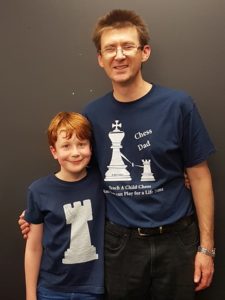
Gabriel lives with Autism Spectrum Disorder, formerly known as Aspergers Syndrome, and has co-morbid anxiety. Because of his autism, Gabriel perceives the world in a more intrusive way than people who are lower on the autism spectrum. His brain reacts intensely to even mundane stimuli, so sounds, lights and touch can be distressing.
He also has trouble dealing with new situations, and has “real anxiety around changes, [and] is very rigid, and easily annoyed and distracted by things,” according to father Andrew.
I talk to Andrew outside the Campbelltown library chess club where Gabriel is now a regular. Gabriel, with his fiery red hair and ‘out-there’ personality, is a particularly recognisable member of the Chesslife class. Andrew describes how even now Gabriel is challenged by his participation in the world’s oldest game.
“Last night we were playing in an individual tournament at the Chess Centre. Gabriel was clearly irritated by the music next door, but it’s good for him to adapt and be challenged,” he said.
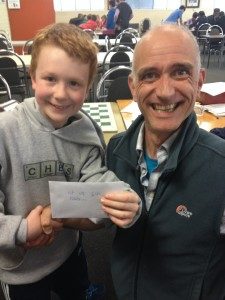
Gabriel started out playing in the Adelaide Hills school team, then later moved to the Chess Centre in Adelaide. He has now participated in the National Championships twice, finishing in the top 10 in 2014, as well as playing in the Young Masters and the Doeberl Cup at the Australian National University in Canberra.
His results are a testament not only to his natural talent, but to his perseverance in the face of challenging and new situations. At his very first National Championship he defeated the top ranked player in his division.
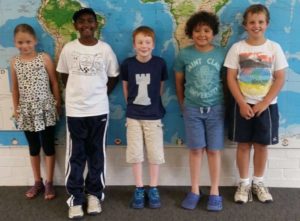
Gabriel’s confidence has improved as a result of his participation in a sport that is increasingly being recognised for its academic and cognitive benefits.
Andrew describes the first time he noticed the changes taking place in his son, “It was in a chess club in Hahndorf. David asked Gabriel to talk about one of his games in front of the class.” David, Chesslife’s energetic head coach, is also on the autism spectrum and has particular insight into teaching kids with differing abilities a passion for chess.
“Gabriel was excited and engaged. He’d started playing 18 months before that, and going to the Hahndorf club for six months.
“It was something I wasn’t expecting, a pleasure to see,”Andrew said.
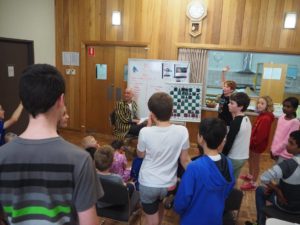
Andrew has had the chance to see other kids with similar problems to Gabriel benefiting from the hands-on coaching approach taken by Chesslife, including kids who have struggled to make friends, who have been bullied at school and who have struggled academically.
“Suddenly [they’re] interacting with other people.” Andrew says. “Just like Gabriel, and the friendships he’s made. David’s brilliant [at helping kids fit in].”
One of Chesslife’s goals is to provide an inclusive educational service that is not only fun and available to every child, regards of skill or ability, but to cater to the co-morbidities that go along with autism spectrum disorder.
Gabriel’s mother Joanne, who works with families living with disabilities to access the National Disability Insurance Scheme, has said that one of the hardest aspects her son has had to overcome is his anxiety.
“I have heard many parents say that their child’s anxiety, not the Autism Spectrum Disorder is what impacts most on their day-to-day life.”
The Cregans have been delighted at Gabriel’s skill at the game. In an email to me, Gabriel said, “I picked up chess very quickly compared to the other kids at school [and] most of them were older than me.”
For his birthday, his parents arranged an at home chess lesson where Gabriel “focused for an hour and a half, just on chess.”
His mother said, “I loved seeing his eyes light up and just soak up all that he could.”
Gabriel was soon playing in tournaments and while at first he didn’t want to interact with the other children, he now has plenty of connections with other chess players. Gabriel says, “I have made heaps of friends. I like having friends at chess because it means friendship and it feels lovely.”
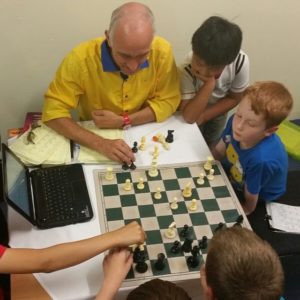
Making friends is only one of the many benefits chess has brought to Gabriel’s life. Only a few years ago, Gabriel was incapable of presenting at show and tell in front of a class of his fellow students, finding the attention “overwhelming”. According to Joanne, he now does so with ease, and it was presenting his chess games at the Campbelltown club that has helped him gain confidence. Gabriel, like many of Chesslife’s students, had little experience with team sports before becoming involved in chess.
According to Gabriel’s counsellor, Mark le Messurier, chess is an “engaging opportunity to build a child’s confidence, relationships [and] develop positive problem solving skills.”
Gabriel now travels over an hour to Campbelltown library to have chess lessons with Chesslife. His mother says, “He gets a lot out of the Campbelltown sessions, it makes for a long evening but it is worth it.”
Gabriel seems to agree; “I find it a great time to learn chess and spend time with my friends.”
12 year old Lillian Lu from Victoria
If you have traveled around Australia to chess tournaments, you would have undoubtedly encountered the wonderful and bubbly Lillian. Always running around with a big smile on her face, whether she has won or lost. With the incredible support from her mother, who is also super friendly, they have visited almost every state.
So when Lillian showed up in Adelaide to play in the Junior Masters, it was time to sit down with her and ask her some questions.
Chesslife: What is your current rating?
Lillian: My current FIDE rating is 1680 and my ACF rating is 1626.
Chesslife: Where are you from and how old are you?
Lillian: I’m from Melbourne and I am 12 years old turning 13 on Christmas.
Chesslife: How old were you when you learned how to play chess?
Chesslife: How much chess do you practice and study during the week?
Chesslife: What is your favourite chess player?
Chesslife: What has chess taught you?
Chesslife: How do you think chess has helped you socially, mentally and at school?
Lillian: I learn to look at life from different perspectives as well as when I am communicating. It also helps me to look deeper than what’s on the surface.
Chesslife: What is your most memorable game?
Lu, Lillian–Baltazer, A.1–0
Chesslife: What advice would you give Australian Junior Chess players?
Lillian: Always remain positive no matter the result because if you persist then one day you will outplay them all!
17 year old Li Tian Yeoh from Malaysia
In the first week of December Yeoh Li Tian traveled to Adelaide for the Lidums Young Masters. He was invited to play in this week long tournament with 9 rounds. When you have a minimum of 4 overseas players in a tournament and the average rating of the players is at a certain level, the tournament can be registered to be an ‘International Master Norm’ tournament. That means that players can qualify to become an International Master. They need to win a certain amount of games in 3 of these tournaments plus a rating of 2400.
So it is not an easy task to become a titled player and we were therefore very interested to know what makes Li Tian so passionate about the game. With already 2 IM Norms guaranteed, he is eager to secure his final norm in Adelaide.
Chesslife: What is your current rating?
Li Tian: My current FIDE rating is 2432.
Chesslife: Where are you from and how old are you?
Li Tian: I am from Malaysia and currently at the age of 17.
Chesslife: How old were you when you learned how to play chess?
Li Tian: According to my father, I started learning chess at 2 years old. Unfortunately I can’t recall any details about it, I was simply too young to remember anything at that time.
Chesslife: How much chess do you practice and study during the week?
Li Tian: It depends on whether I am busy with other things such as academics. No matter what, I will still spend some time following current top tournaments and games. I would say about 10 hours per week.
Chesslife: What is your favourite chess resource/book?
Li TIan: I must say I am quite computer dependence in chess training. I don’t really read chess books but I guess that isn’t a good model to follow. I follow many chess sites such as chessbase.com on their articles, especially GM analysis on top games. I enjoy reading this analysis which gives me new ideas when come to my own chess game.
Note from Chesslife – Chessbase is one of the largest chess websites in the world. Have you read David’s article on Chessbase when he was at the World Youth Chess Championship in 2016?
Chesslife: What was your first International Tournament?
Li Tian: Well, I can’t really remember that. I think it was the ASEAN Age Group tournament where I participated in the Boys Under 08 category when I was 6 years old.
Chesslife: Who is your favourite chess player?
Li Tian: GM Magnus Carlsen. In my opinion, he has opened a whole new era in the chess world by frequently winning seeming “theoretical draw” position against super grandmasters. His unique and somewhat mysterious playing style must have given plenty of pressure to his elite opponents such that they eventually collapse.
Chesslife: What is your Junior Chess League like?
Li Tian: Well, there is no Chess League in Malaysia.
Chesslife: What has chess taught you?
Li Tian: Chess has taught me to stay calm in all situations. Besides, I have learnt to plan ahead and anticipate future possibilities when playing chess. All these are very important skills to a person for his/her success in life.
Chesslife: How do you think chess has helped you socially, mentally and at school?
Li Tian: In terms of social, I have met many elder as well as peer. I also make friends with many chess players and they have certainly helped me a lot in other aspects of life. In term of mental development, I feel that chess has helped me to become more mentally matured compared to the same age. I will always consider many factors beforehand instead of rushing to make a reckless decision. At school, chess has definitely helped to develop my mathematical skills. Solving any math-related question in any subject in school has never been a big deal to me.
Chesslife: What is your most memorable game?
Li Tian: Obviously is a win against a strong GM! I would choose the wild game against Vietnamese GM Nguyen Ngoc Truong Son in year 2013, where I won a lucky calculation duel against a player rated 369 points above me. This is by far my only win against a player rated 2600 above.
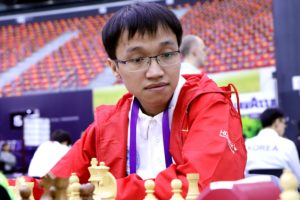
Nguyen Ngoc Truong Son played on board 2 at the 2016 Olympiad with a rating of 2633!
Click on the board below (or HERE) for an analysis of Li Tian’s game against GM Nguyen.
Chesslife: What advice would you give Australian Junior Chess players?
Li Tian: I would advise young players not to focus too much in the opening. In my humble opinion, although many may not agree, a good opening repertoire only becomes crucial at around IM standard. Young players should spend more time in analysing middle game and endgame as they are equally or even more important than opening.
Nathan Darjana from New Caledonia
We have decided to continue our blog ‘About Juniors, For Juniors’ due to its popularity. Over the next few months we will be featuring Australian and International juniors that we meet along our travels and find out what makes them tick and what makes them love chess.
Today we meet Nathan Darjana from New-Caledonia. As some of you may know, chess coach Sylvain Giraud from New-Caledonia coordinated a trip for four junior chess players to Adelaide in October. In order to qualify for the trip, Nathan played in a long rated and rapid tournament and came first in both! In the Adelaide Hills Open Nathan played some amazing games and finished equal second in the U14 age category. So what does he like about chess and who are his role models?
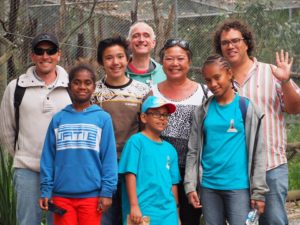
Chesslife: What is your current rating?
Nathan: My current rating is 1740 elo FFE( Federation Francaise des Echecs )
Chesslife: Where are you from and how old are you?
Nathan: I am from New-Caledonia which belongs to France. I’m 13 years old
Chesslife: How old were you when you learned how to play chess?
Nathan: My mother taught me play chess when I was 4 years old and since then I started to play in the only chess club in Noumea. I was the youngest player at that time.
Chesslife: How much chess do you practise and study during the week?
Nathan: I practice and study chess 2 hours per week
Chesslife: What is your favourite chess resource/book?
Nathan: My favourite resource is Diagonale TV (http://www.diagonaletv.com/). They explain and analyse many openings and games in French.
Chesslife: What was your first International Tournament?
Nathan: My first International chess tournament was 2013 New-Caledonia’s international chess tournament at the Meridien Hotel.
Chesslife: Who is your favourite chess player?
Nathan: My favourite players are Kasparov and Carlsen. They are incredible. Kasparov is an aggressive and offensive player. Carlsen is a little bit different. He is playing safe. He always wins in the end game and this is amazing. This is why they are my favourite players.
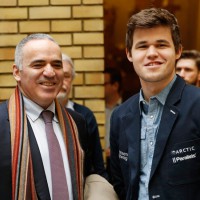
Chesslife: What is New-Caledonia’s Junior Chess League like?
Nathan: NC’s chess league is quite friendly and it’s open to everybody. It’s fun and the teacher is very nice. They are many tournaments organise by the League (1 per month) so it’s very entertaining.
Chesslife: What has chess taught you?
Nathan: Chess taught me concentration, but also how to manage time and stress effectively in different thematic areas such as: school, sports etc. Moreover, chess has probably helped me to develop my own mathematics tools during my childhood.
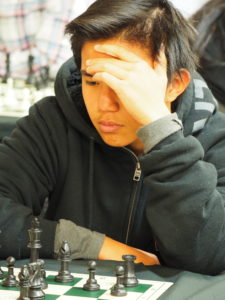
Chesslife: How do you think chess has helped you socially, mentally and at school?
Nathan: I met different people from many places in New-Caledonia when I played chess so it’s why chess helped me to socialize. At school, playing chess is a way of training memory with all the game positions you have to remember. I trust more in myself since I began playing chess. This is why chess is a very good friend in life when you’re child. This is why I love and I continue playing chess.
Chesslife: What is your most memorable game?
Nathan: My most memorable game was with Mrs Vivian Smith. It was a long game (the game last for 4 hours) but very memorable. She was the Female New-Zealand’s champion at that time.
Click on the board below for an analysis of Nathan’s most memorable game.
Chesslife: What advice would you give Australian Junior Chess players?
Nathan: The most important in chess is playing with pleasure!
